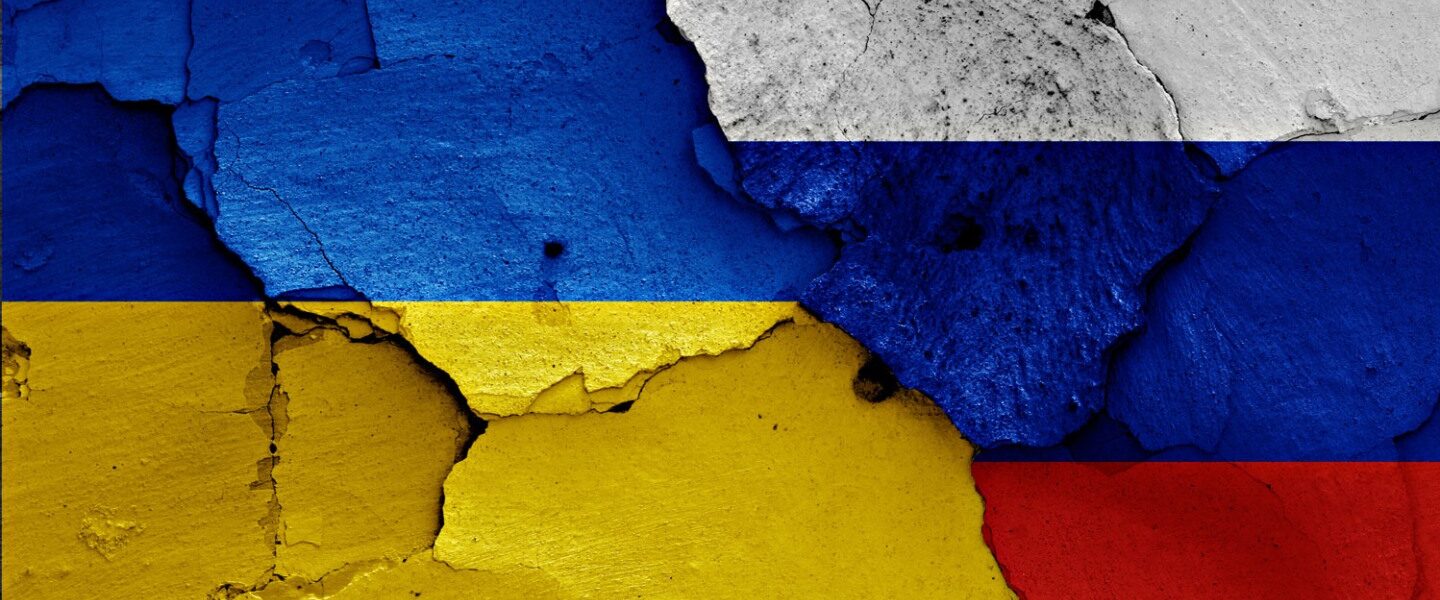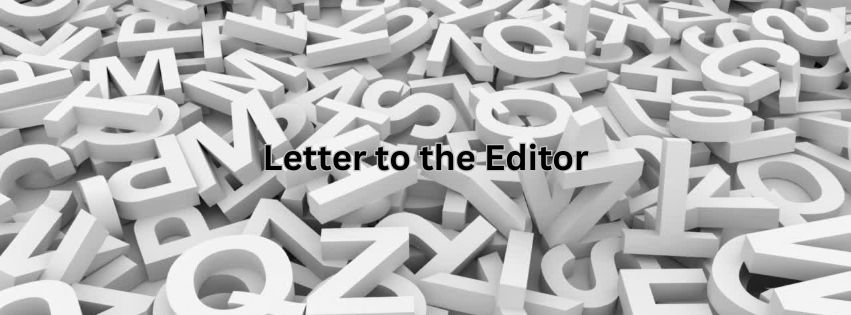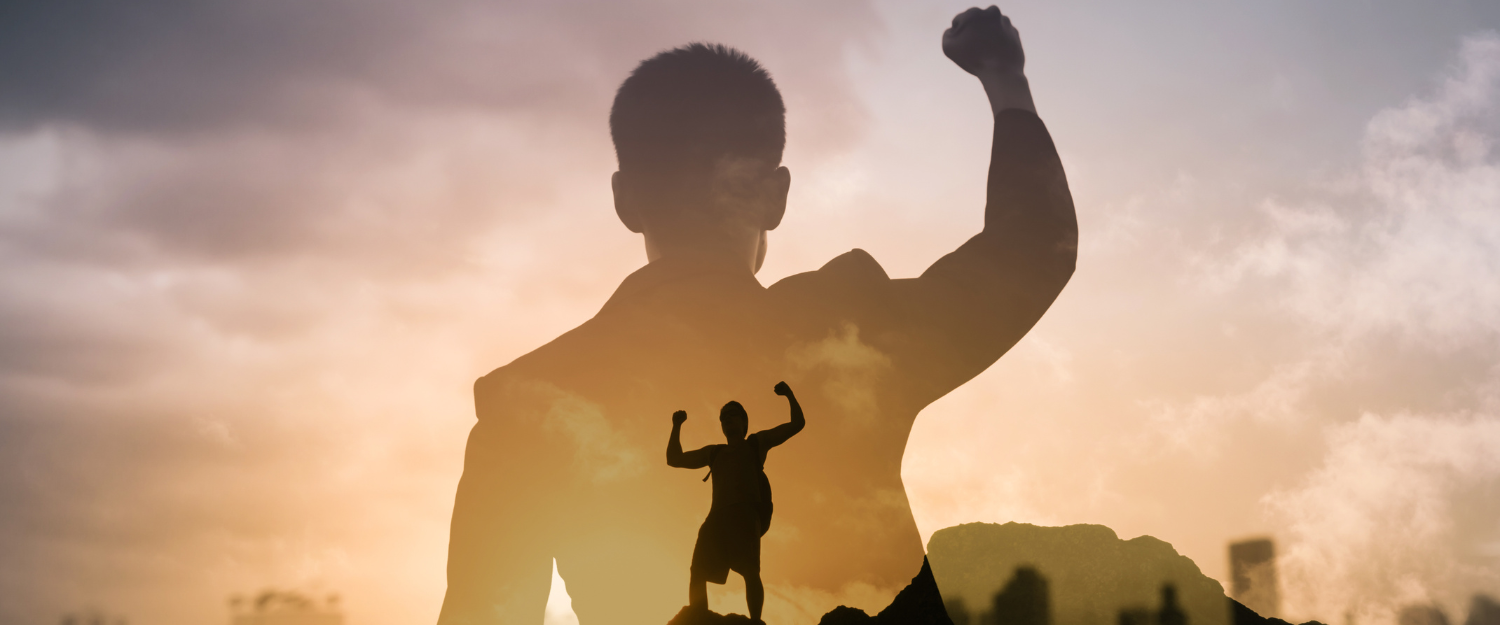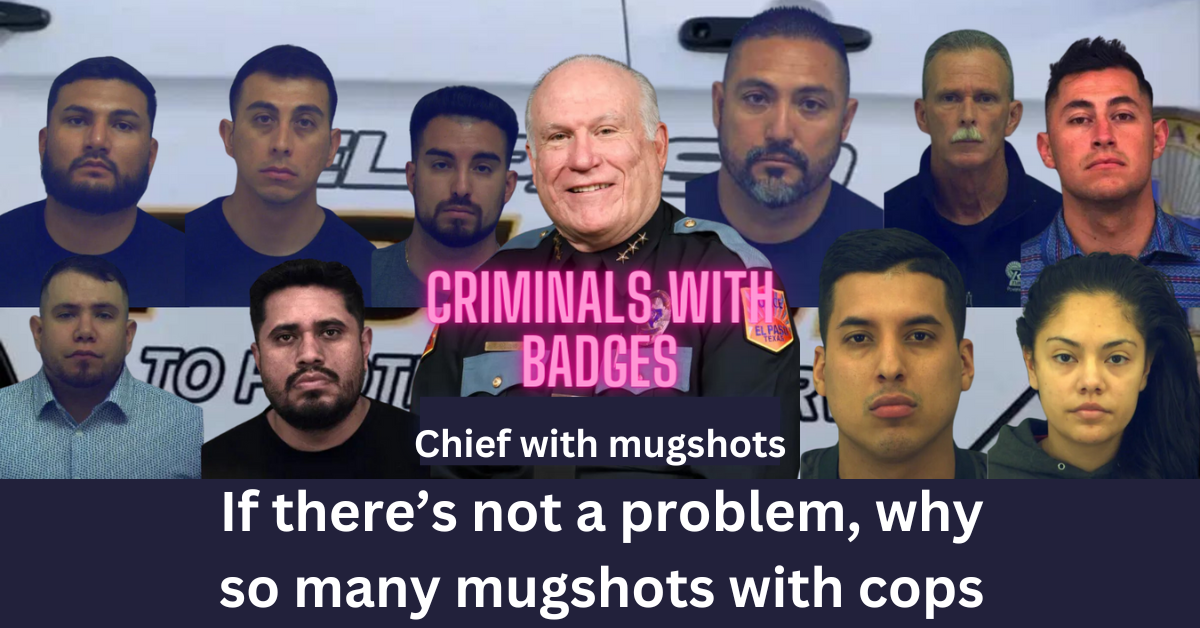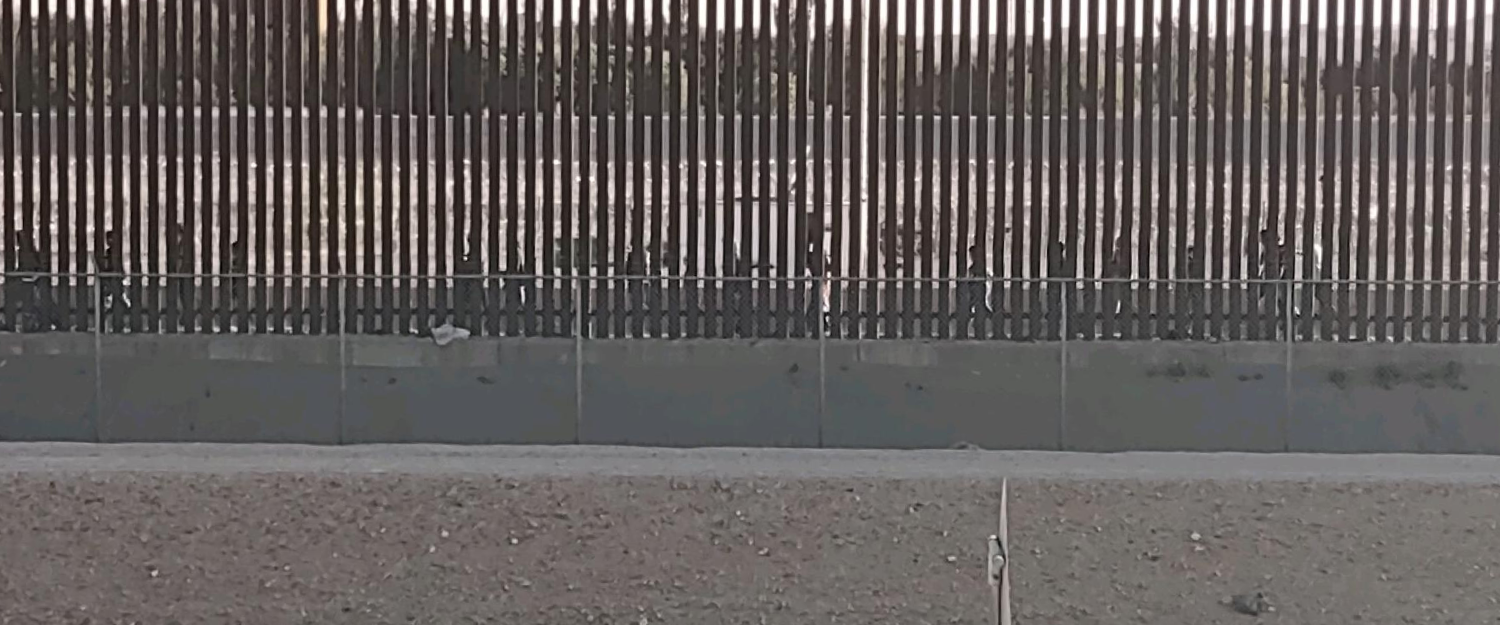Russia and the Ukraine: A Family Conversation
17 December 2024, El Paso, Texas, Steven Zimmerman – The following piece was written after weeks of conversations, emails, and messages between my Russian and Ukrainian family. Please keep in mind that what follows is only our opinion. And even though some of what we talked about, and what I’ve written about, has been covered by mainstream media and proved accurate, this is still a family conversation and our collective opinion.
No matter how you look at it, war is hell. Now, imagine you are fighting the war in Russia or the Ukraine, knowing that you’ll be fighting against your family. That is what’s happening to two members of my family.
Mikhail Abramzon Leviev is Russian from Rostov, and Isaak Leviev is Ukrainian from the Crimea. We are all cousins, and I thought it would be a good idea to talk to them about the war to gain their perspective.
“No one is wanting this war,” says Mikhail. “No place in this world would anyone be wanting war.”
“Conflicts occur for many reasons,” says Isaak. “Dostoevsky once said, ‘God and the devil are fighting there, and the battlefield is man’s heart.’ I am not saying this is a conflict of good over evil or of God and the devil. I am saying it is in our nature.”
As fallible people, we find many reasons to go to war: competition over resources, political power struggles, ideological differences, nationalism, ethnic tensions, economic reasons, revenge, or the perceived need for self-defense. The reasons for war are diverse and can divide family, friends, and nations.
“I shall tell you my thought of this conflict,” says Isaak. “I come from a part in Ukraine where the signs on the streets, the shops, everywhere are in Russian. We are Russian in mind, body, and spirit.”
My cousin Isaak, born and raised in the Ukraine, is as Russian as Mikhail.
“But this being what it is,” says Isaak, “it is not a conflict to get us back to Russia. This is, sadly, for our self-defense and I have no choice but to fight.”
“Why are we in this war?” asks Mikhail. “I don’t know. I don’t know why we are here or our grand purpose. I don’t know.”
“The leaders become angry, and we must fight the conflict,” says Isaak.
I asked other members of my family who live in Russia their thoughts on why Russia invaded Ukraine.
“This is for independence, not attrition,” says Nikolai, Mikhail’s uncle. “Donetsk and Luhansk want freedom from Ukraine, and this is the reasoning for the invasion.”
Before Russian President Vladimir Putin ordered troops into Ukraine, Russia recognized Donetsk and Luhansk, both in the Donbas area, as independent people’s republics.
“This is for peacekeeping, why the troops went in,” says Nikolai.
“I have heard it said that President Putin wants to bring back all the lost Soviet countries,” says Lev, a teacher and Isaak’s brother. “This is not what I think the goal of Putin. I do not think anyone, Putin, Zielinski, or even the American president knows why this is happening”
Between phone calls, messages via Telegram and Signal, and emails between myself and my family in Russia and Ukraine, there is that majority opinion that no one knows what this war is about.
Some believe this is a proxy war. There is, however, no proof to back that claim.
“I know for now you live in America, but what I am going to say is not an attack on you, rather the puppet Biden and his political allies,” says Anya Petrov, a cousin of mine who studied political science. “This is the United States fighting Russia by using the Ukraine as a pawn.”
Anya, Katya, Damir, and many others share the same opinion. They believe that the United States managed to drag Russia into Ukraine, reminiscent of the movie “Wag the Dog,” either to fight Russia indirectly or take the eyes of the world off of some other nefarious event the current US administration doesn’t want us to see.
“This is aggression, the war,” says Mikhail. “This is a dirty war that will not see a victor. It is like a machine feeding on men and boys from our country and Ukraine.”
“The conflict we have is not under control. This conflict is like schoolboy bullies who want to best the other,” says Isaak. “Rules should be followed in honorable conflict.”
Both Mikhail and Isaak recounted events they’d witnessed. Both sides attacked soldiers who surrendered, setting crops and food stores alight and burning them to the ground. They’ve seen older adults abused and the injured hurt further.
“I have seen the good also,” says Isaak. “I have heard tales of Russian soldiers leaving all the foodstuffs they possessed behind for those Ukrainians who did not eat for days. I have even seen Russian medic soldiers treat the Ukrainian children, women, and the elders of towns.”
“Yes, there have been times of mercy from soldiers on both sides,” says Anya. “There is common blood between us, common heritage, shared beliefs. Then there is the hate of our religion, our culture from leadership in Ukraine.”
Anya’s comment started a new stream of conversation about what President Volodymyr Zelensky has done to the Russian Orthodox Church in Ukraine.
On Saturday, 24 August 2024, Ukraine Independence Day, Zelensky signed a law banning religious groups with ties to Russia. Specifically, the bill targeted the Ukrainian Orthodox Church (UOC), which has historically been linked to the Russian Orthodox Church and the Moscow Patriarchate.
When signing the bill into law, Zelensky said, “Ukrainian orthodoxy today is taking a step toward liberation from the devils of Moscow.”
“Do you recall,” asks Anya, “that Zelensky had priests, even our great-uncle, arrested?”
There have been arrests, including Metropolitan Pavel, the abbot of the Kyiv-Pechersk Lavra monastery, who was placed on house arrest. So, there is a case in which Zelensky signed religious persecution into law. But what about Russia?
“In Russia, we do not have this practice of religious persecution today,” says Daniil Mikhailov, another of my many Russian relatives.
The Russian Supreme Court has banned the activities of several organizations on the grounds of “extremism” and “terrorism,” including a regional branch of what was once known as Falun Gong, Jehovah’s Witnesses, the Mejlis of the Crimean Tatars, Hizb ut-Tahrir (“Party of Liberation”), Nurdzhular (a Russification of the Turkish term “followers of Said Nursi”), Tablighi Jamaat, and the Fayzrakhmani Islamic community.
“Some of these groups you have named,” says Daniil, “are not a religious group by any such definition. For you, and as an example, look at Jehovah’s Witnesses. This group decries higher education, blood transfusions, voting, and even have been said to cover up sexual attacks within their ranks.”
Anya chimed in with, “Daniil, some of what we have done to groups, such as Mormons, and the decree they may not proselyte is religious persecution and suppression of the free will of a person.”
An hours-long argument ensued, and it seemed we would have another war on the digital front known as Telegram.
“National conflict between countries makes a small start just this way, the way we argue,” says Isaak. “We all are not sinless or clean in this conflict, or any conflict.”
“Russian people, Ukrainian people die from this arguing, this war, from this being, as Isaak says to us weeks ago, a conflict of inflated ego, and need for making a historical name for him,” says Mikhail.
The “him” Mikhail is talking about is Putin.
The chat grew quiet, and everyone began listing names of members of our family, both Russian and Ukrainian, who had died in this war.
For an hour, everyone entered names and said a prayer. Then, we sat quietly, looking at our screens.
“You made this question, Stiven,” says Mikhail, “what is like for us to fight a war against family. I’ll now tell you what this is like. This listing of the dead we make, it is like this. We are hollow in our heart, in our soul, when we kill another human in this Черт* war. Russian, Ukrainian, evern the one who comes to fight from far away, realitive or stranger, we are making the killing of our faimly. This is what killed my soul, all of our souls.”
“Аминь*,” wrote Isaak. “The conflict, the faces, this will be haunting even in the grave.”
“Winston Churchill,” wrote Yelena, our collective great-aunt. ” ‘Russia is never as strong as she looks; Russia is never as weak as she looks.’ I make change for it to say Russia and Ukraine. If we show our strong and our weak, if we come together, demand end to this death, it will end this mass murdering of our fathers, husbands, brothers, and children”
Not only is war hell, but, as Yelena said, it is mass murder. With each new death, a piece of us, our history, our culture, and our future dies. Well be fighting this war, in our hearts, long after the last shot is fired.
Черт: Another way to say “crap”
Аминь: Amen
